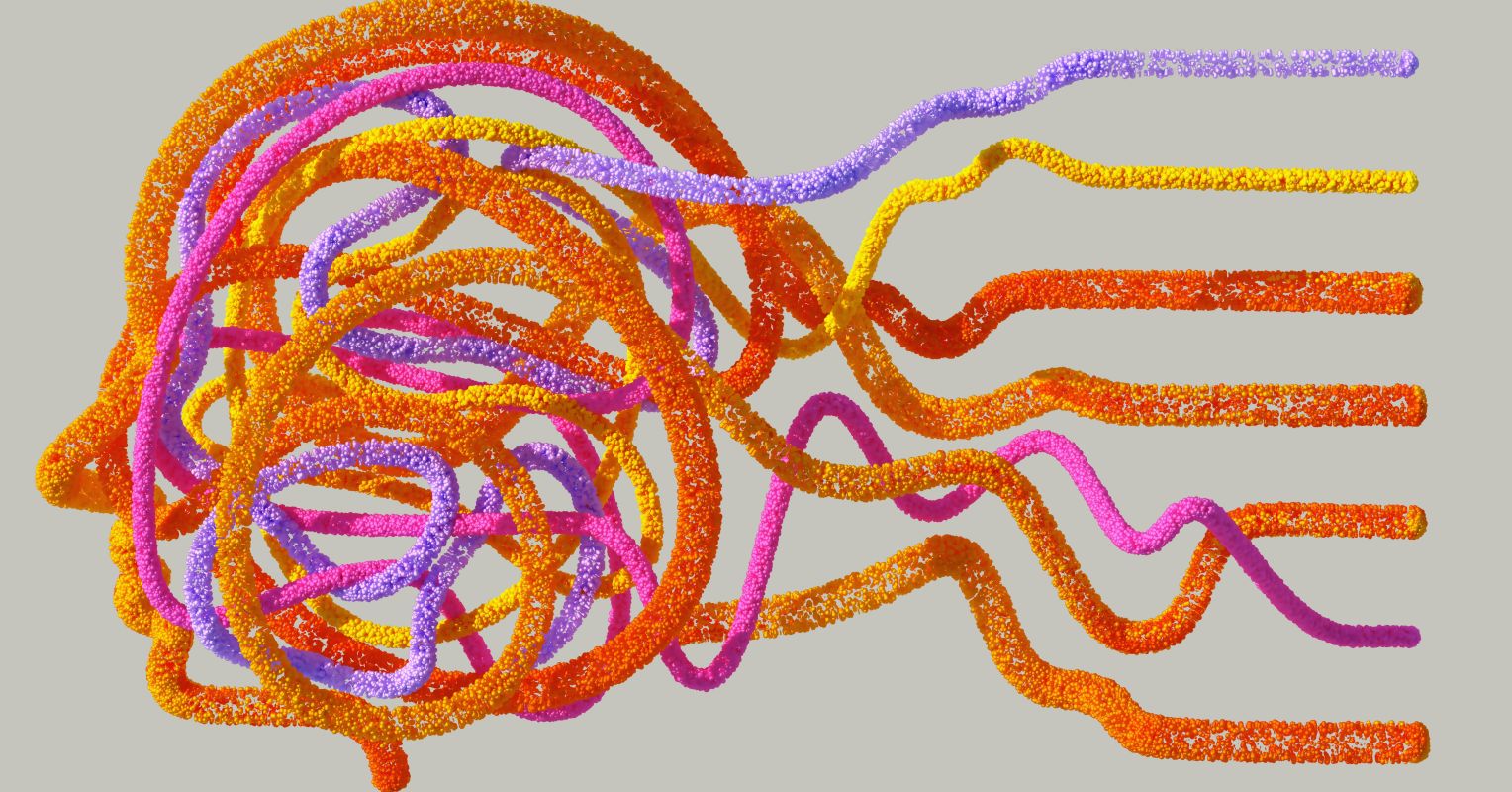
"Repetitive transcranial magnetic stimulation (rTMS) and noninvasive neuromodulation offer potential treatment for neuropsychiatric conditions by stimulating specific brain regions, influencing activity and interconnections."
"Dynamic causal modeling (DCM) utilizing brain functional imaging (fMRI) will advance selective targeting of deeper brain structures indirectly, potentially enhancing treatment efficacy for neuropsychiatric disorders."
"Transcranial focused ultrasound (tFUS) represents true deep noninvasive neuromodulation, allowing access to subcortical structures without the invasiveness required by deep brain stimulation (DBS)."
"Causal modeling, aided by artificial intelligence, aims to establish the relationship between brain function, treatment responses, and psychiatric symptoms, addressing current gaps in psychiatric diagnostic systems."
Repetitive transcranial magnetic stimulation (rTMS) and other neuromodulation techniques show potential in treating neuropsychiatric conditions through targeted brain stimulation. The efficacy depends on the targeted areas and their connections. Emerging methods like dynamic causal modeling (DCM) and transcranial focused ultrasound (tFUS) aim to enhance targeting of deeper brain structures. DCM applies Bayesian inference for analyzing neural networks and informing psychiatric treatment with causal understanding, which is currently lacking in diagnostics. These advancements could significantly improve treatment outcomes in psychiatry.
Read at Psychology Today
Unable to calculate read time
Collection
[
|
...
]